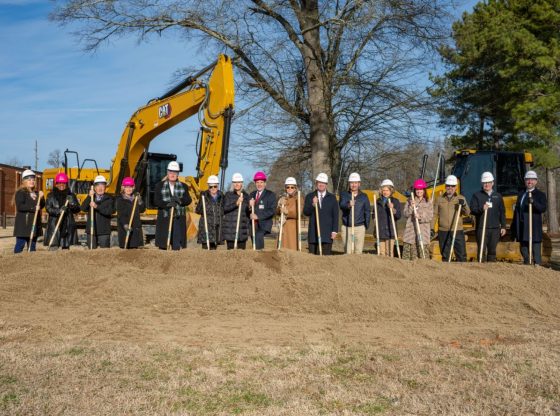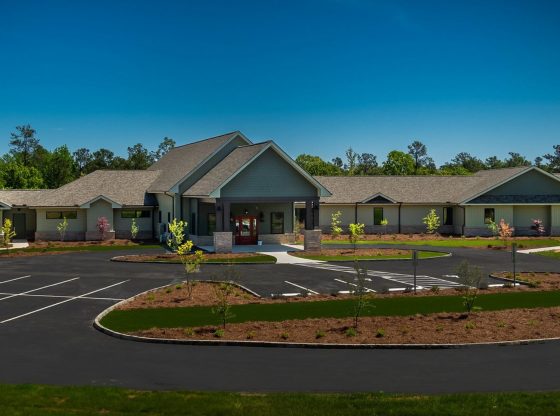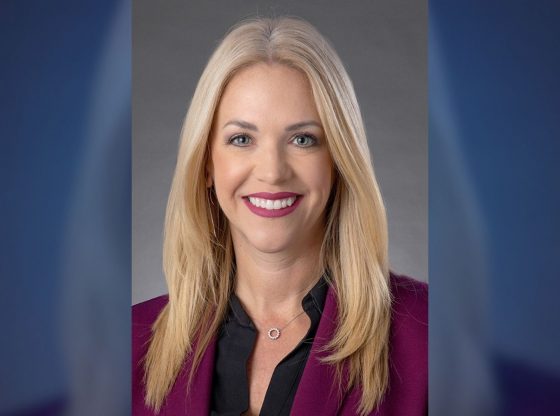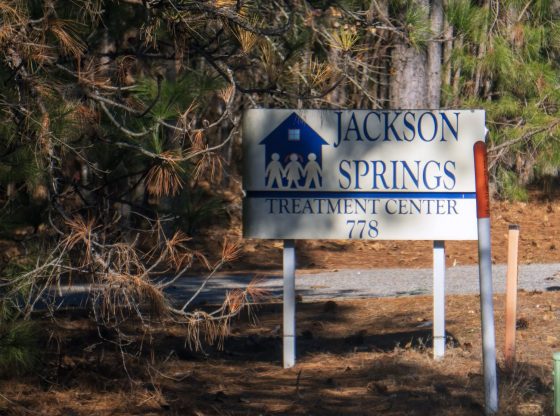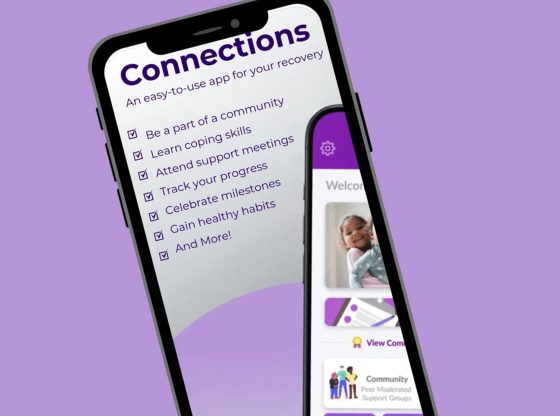The N.C. Department of Health Human Services’ Division of Social Services collaborated with the Office of State Budget and Management, which today released a request for proposal seeking a qualified vendor to conduct assessments of the state’s current social services and child welfare programs and develop a comprehensive plan for reform. Proposals are due Nov. 16, and a contract will be in place by March 1, 2018.
The release of the request for proposal is the first step in a larger reform effort driven by legislation passed earlier this year. Ratified by the legislature and signed into law on June 21 by Governor Roy Cooper, House Bill 630 set in motion a process of sweeping reforms to the state’s social services system that currently serves more than 3 million children, families, and vulnerable adults. The legislation directs DHHS to submit a plan to the Joint Legislative Oversight Committee on Health and Human Services by Nov. 15, 2018, that establishes regional offices charged with supervision of the administration of social services at the local level.
“We are ready and eager to work with the General Assembly and our state and community partners on this reform effort,” said Susan Perry-Manning, Deputy Secretary for Human Services. “We see the efforts driven by this legislation as part of a broader set of strategies we are undertaking to make meaningful improvements in client-centered service delivery, accountability, and transparency — and ultimately to improve the health, safety, self-sufficiency, and well-being of North Carolinians.”
Goals of the reform include:
~Developing a child welfare reform plan that improves child protective services, preventive and in-home services for struggling families, child fatality oversight, placement of children in foster care, reunification and permanency services, assistance for older youth in foster care or those who aged out and strategies to ensure a well-trained and adequately compensated staff
~Improving outcomes for children and families
~Enhancing state supervision of local social services offices
~Improving accountability for outcomes at the local, regional and state levels
~Creation of a Social Services System Transparency and Wellness Dashboard, which uses data from NC FAST to create a report that ensures funds are being effectively used through accountability and transparency
~Developing a plan for consistent, standardized continuous quality improvement for social services at the state, regional and county levels
~Review of policies and procedures that support and accelerate system reform, focusing on sustainable change that improves outcomes for children and families
~Ongoing evaluation and oversight of the department’s implementation of social services system reform
*nc.gov






